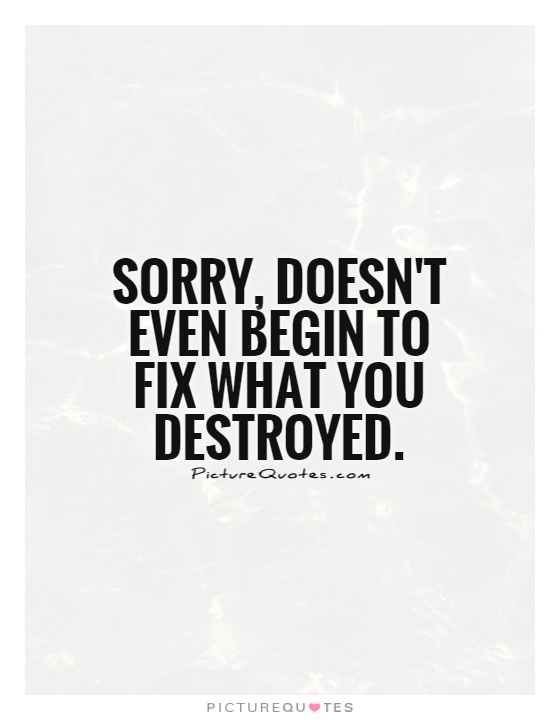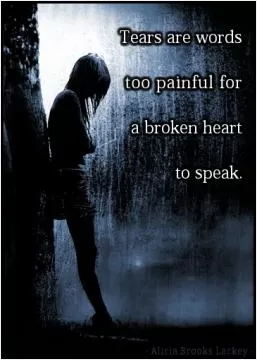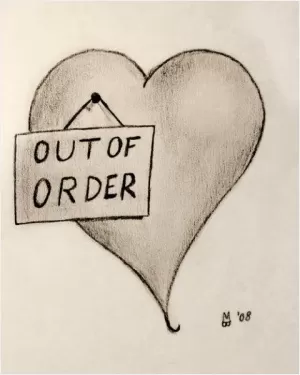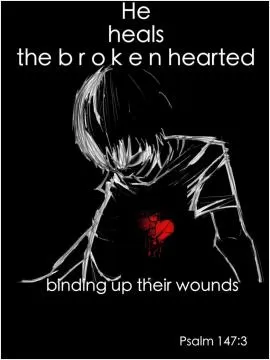Sorry, doesn't even begin to fix what you destroyed

Sorry, doesn't even begin to fix what you destroyed
The phrase "Sorry, doesn't even begin to fix what you destroyed" carries a weighty significance that resonates with anyone who has experienced betrayal, hurt, or loss at the hands of another. It speaks to the inadequacy of a simple apology in the face of deep emotional wounds and irreversible damage caused by someone's actions.When someone utters the word "sorry" after causing harm, it is often seen as a first step towards reconciliation and healing. However, in many cases, a mere apology falls short of addressing the full extent of the pain and devastation inflicted upon the victim. The damage done may be irreparable, leaving scars that linger long after the words "I'm sorry" have been spoken.
In relationships, whether romantic, familial, or platonic, the impact of betrayal or betrayal can be profound. Trust is shattered, bonds are broken, and the foundation of the relationship is shaken to its core. In these instances, a simple apology may seem like a feeble attempt to patch up a wound that runs deep. The hurt party may feel that the apology is insincere, superficial, or lacking in genuine remorse for the harm caused.
Moreover, the phrase "Sorry, doesn't even begin to fix what you destroyed" highlights the fact that words alone are not enough to repair the damage done. Actions speak louder than words, and true repentance requires more than a verbal apology. It demands a commitment to change, a willingness to make amends, and a genuine effort to rebuild what has been broken.












 Friendship Quotes
Friendship Quotes Love Quotes
Love Quotes Life Quotes
Life Quotes Funny Quotes
Funny Quotes Motivational Quotes
Motivational Quotes Inspirational Quotes
Inspirational Quotes